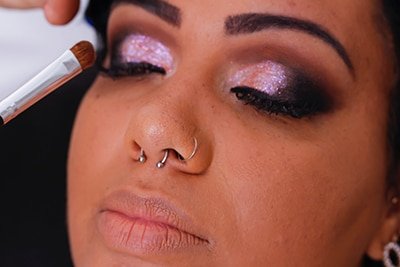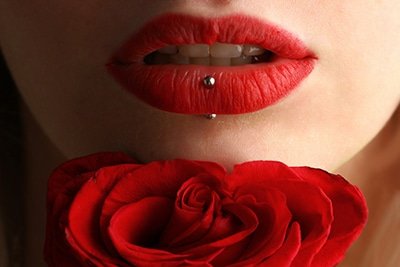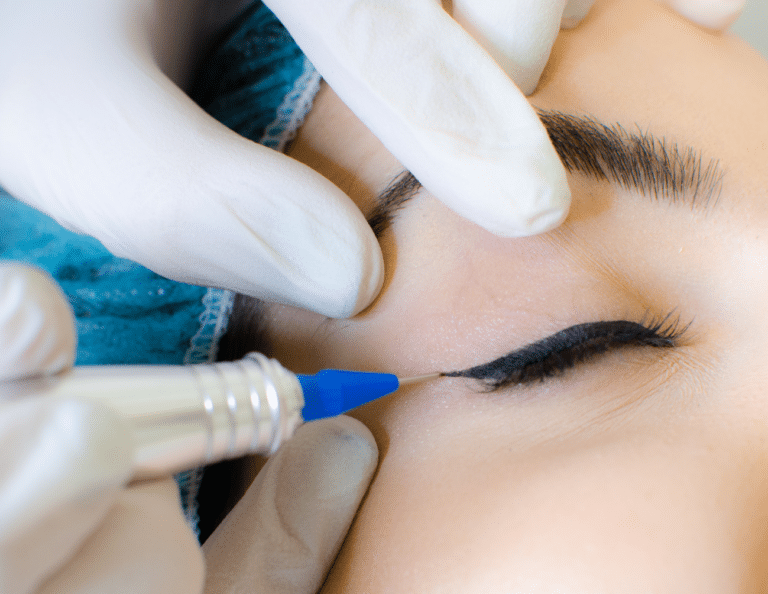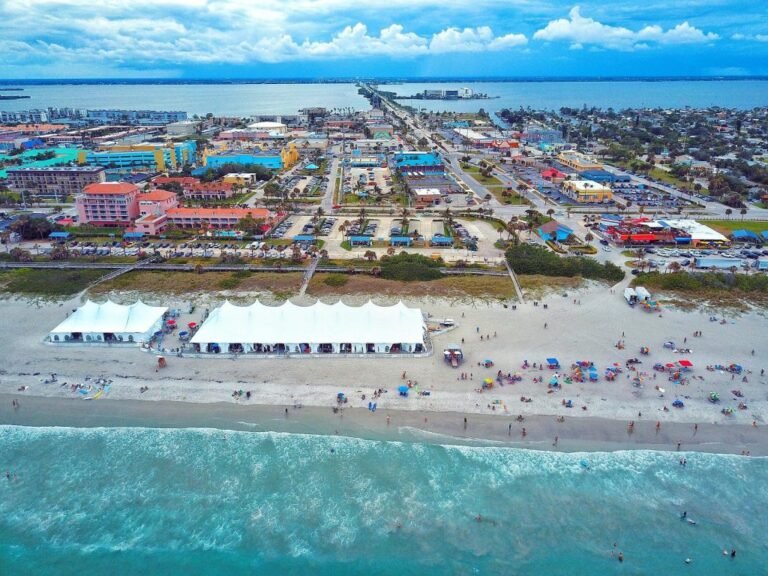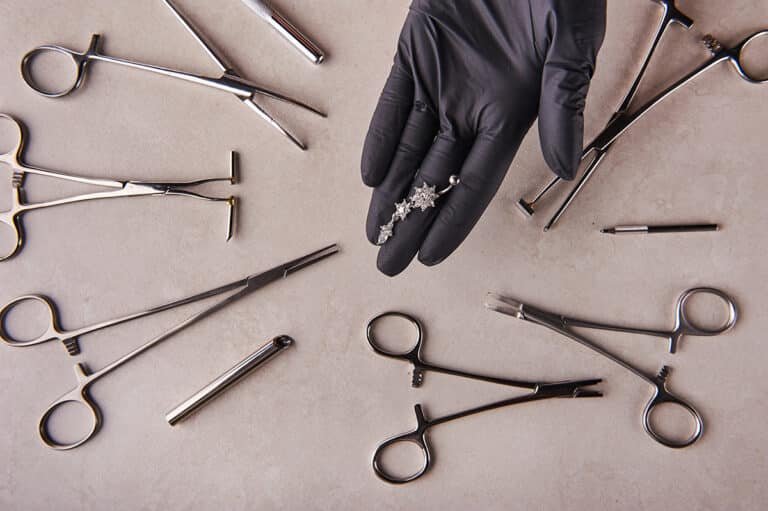It’s a common question when you get a new piercing: When can I go swimming with it? But it’s important to remember that while swimming pools and hot tubs are fun, they can also be dangerous for any new piercings.
Why Should I Wait Until My Piercings Heal?
If you have a fresh piercing, no matter where it’s located, it’s still in the healing period and any water can be a shock to the body.
Swimming pools or hot tubs can cause infections as the chlorine and other chemicals present in the water can irritate sensitive skin if the piercing isn’t completely healed yet. This means that in order to avoid infection, you should avoid swimming for at least two weeks after your new piercing to be on the safe side.
How Long Does a Piercing Take To Heal?
The healing time for piercings varies depending on the type of piercing, people’s skin types, and whether you take proper precautions to keep your piercing clean. Generally, a piercing takes about six to eight weeks to heal completely although it can take up to nine months in some cases, depending on the type of piercing.
Ear Piercings Healing Times:
- Lobe Ear Piercing: 4 to 6 weeks
- Cartilage Piercing: 12 to 16 weeks
- Tragus Piercings: 8 to 10 weeks
- Industrial/Scaffold Piercing: 12 to 14 weeks
Body Piercings Healing Time:
- Belly Button Piercing: 8 to 10 months
- Nipple & Genital Piercings: 6 to 9 months
- Tongue Piercing: 2 to 4 weeks
- Nose Piercings: 8 to 12 weeks
- Lip Piercings: 4 to 8 weeks
- Eyebrow Piercing: 6 to 8 weeks
How Can I Make Sure My Piercing Heals Properly?
Once you have your new piercing, it’s important to take the proper precautions to ensure that it heals properly. Here are a few piercing aftercare tips for making sure your nose or belly button piercings have the best chance of healing:
- Avoid touching the piercing area as much as possible – this can lead to irritation and infection.
- Clean the piercing area completely twice a day with warm water and antibacterial soap, or a saline solution recommended by your piercer.
- Make sure to rinse well and completely remove any soap residue.
- Keep the piercing dry – avoid swimming & avoid submerging for at least two weeks.
- Avoid using creams or ointments around the piercing as these can create a breeding ground for bacteria.
- Be gentle when cleaning the area around the piercing.
- Don’t remove jewelry until your new piercing has healed properly.
- Wear soft, breathable clothing to avoid irritation until you’re fully healed.
Following these helpful healing process tips will help you ensure your new piercing heals properly and reduce the risk of infection in the first few weeks following your new piercing.
Is There Anything I Can Do to Protect My Piercing?
If you must swim for any reason, then a few things can help protect your piercing from water-born bacteria and infections. The most important option is to use a wound-sealing waterproof bandage or band-aid over the piercing when going swimming. This will protect it from coming into contact with chlorine and other chemicals that can endanger your new piercing and cause discomfort. For ear piercings, you can also use a swimming cap to keep your ears covered and safe.
You should also avoid swimming in ponds, lakes, and rivers as these can be full of bacteria that could cause an icky infection. If you don’t have a bandage available, then make sure to clean the piercing with warm water and antibacterial soap right after swimming.
Finally, remember to take your time when healing – it’s important to give your piercing time to heal properly before taking it for a swim. With the right care and precautions, you can protect your new piercings, and enjoy a nice refreshing dip in the pool when your body is ready. Happy swimming!
What Should I Do If My Piercing Gets Infected?
If you notice any signs of infection such as redness, swelling, discharge, or pain near the piercing area then it’s important to see your doctor or other medical attention. Treatment for an infection will depend on how severe it is and may include antibiotics or other medications prescribed by your doctor.
Swimming with a new piercing is not recommended as it can cause infections in the first few weeks when the piercing is still healing. It’s important to take proper care of the area and follow your piercer’s aftercare advice, such as avoiding swimming for at least two weeks after getting a piercing. It’s also important to only use a wound-sealing waterproof bandage if you must go swimming, and to clean the piercing with warm water and antibacterial soap right after. With proper care, your new piercing can heal properly for years of enjoyment.
Rad FAQ
How long should you wait to swim after getting a new piercing?
It’s best to wait at least two weeks after getting a new piercing before swimming. This will give the piercing time to heal and reduce the risk of infection.
What can I use to cover my new piercing while swimming?
You can use a wound-sealing waterproof bandage or band-aid over the piercing area. For ear piercings, you can also use a swimming cap to protect them from water and other chemicals.
How do you know when your piercing is healed?
The healing time for piercings varies depending on the type of piercing, people’s skin types, and whether you take proper precautions to keep your piercing clean. Generally, a piercing takes about six to eight weeks to heal completely although it can take up to nine months in some cases, depending on the type of piercing. It’s important to follow your piercer’s aftercare advice and to take proper care of the area. If you notice any signs of infection such as redness, swelling, discharge, or pain near the piercing area then it’s important to see your doctor for treatment.
What should I do if my piercing gets infected?
If you notice any signs of infection such as redness, swelling, discharge, or pain near the piercing area then it’s important to see your doctor or other medical attention. Treatment for an infection will depend on how severe it is and may include antibiotics or other medications prescribed by your doctor.
What should I do if my jewelry is irritating my piercing?
If your piercing jewelry is causing discomfort or irritation then it’s important to have it checked by your piercer. Jewelry that is too tight or made of a material that irritates the skin can cause discomfort and increase the chances of infection. Your piercer may be able to recommend jewelry or a different size that will better suit you. If irritation persists, it’s important to contact your doctor for treatment as soon as possible.


